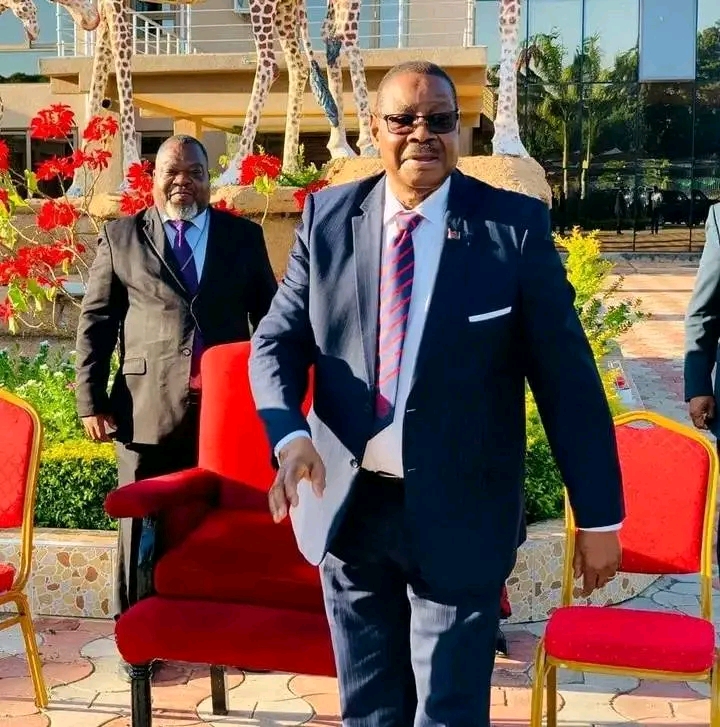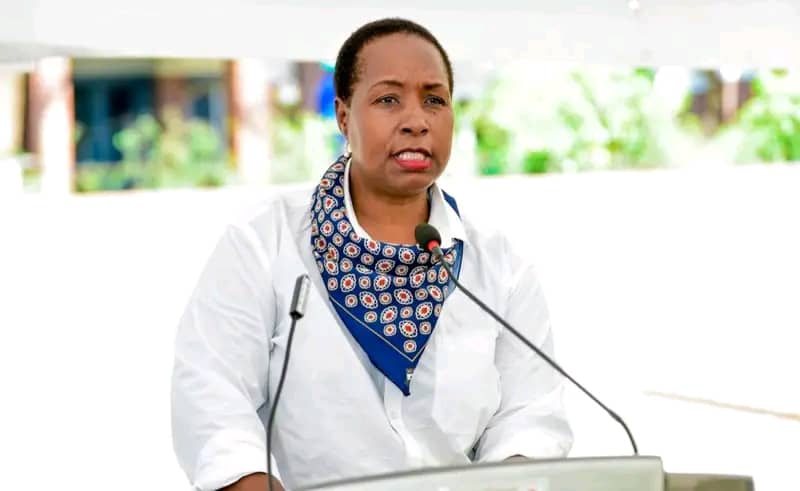By Jones Gadama
As Malawi approaches its pivotal 2025 presidential election, the stakes have never been higher.
The nation finds itself at a crossroads, faced with a choice that will shape its political, economic, and social landscape for years to come.
This election is fundamentally a contest between two dominant figures: Professor Arthur Peter Mutharika (APM) and Lazarus Chakwera.
Understanding the gravity of this race requires a thorough analysis of the country’s current situation, the candidates’ track records, and the potential outcomes of each choice.
Malawi operates under a presidential system that concentrates executive power squarely in the hands of the president.
This means that while parliamentary and local elections are important, the presidential vote carries the most significant weight.
The president’s decisions impact national policy, economic strategies, public services, and governance quality.
Therefore, the presidential candidate you choose to support will largely determine the trajectory of Malawi’s future.
At the heart of this election is a clear two-horse race between APM and Chakwera.
History and political dynamics have shown that voting for candidates outside these two only fragments the vote, potentially triggering costly reruns.
Such reruns delay the implementation of necessary reforms and prolong uncertainty, which Malawi can ill afford.
By rallying behind a leading candidate, voters play a pivotal role in ensuring a smoother transition of power and quicker progress.
Supporters of Lazarus Chakwera often highlight his promises of change and reform.
However, it is important to recognize that his previous tenure has been marked by significant challenges.
Five years under his leadership have seen Malawi grapple with hardship, unfulfilled promises, mismanagement, and corruption scandals. For many Malawians, this period failed to bring the improvement and hope they expected.
Voting for Chakwera today can be perceived as endorsing a continuation of these struggles, signaling satisfaction with a status quo that many describe as broken.
Conversely, a vote for APM represents a belief in Malawi’s potential to rise above its current difficulties. Under APM’s previous leadership, the economy showed signs of improvement — a period marked by relative stability and better management of resources.
His administration’s approach to economic policy helped to mitigate some of the challenges Malawi faced, particularly in foreign exchange and fuel supply issues, which are critical to everyday life and business operations.
Support for Chakwera, critics argue, is tantamount to accepting ongoing shortages, economic distress, and ineffective governance.
The persistence of these problems under his watch has created a narrative of failed leadership, with many citizens expressing frustration at the lack of tangible results despite promises of reform. In this context, continuing to support his leadership could be seen as tolerating a cycle of hardship and limited progress.
On the other hand, backing APM sends a clear message that Malawians are ready to hold their leaders accountable.
It is a vote that affirms the power of the electorate to remove ineffective leadership and to restore proven governance.
The 2025 election could therefore mark a turning point where the country reclaims a path toward stability and development, driven by a leader with experience and a record of navigating Malawi through tough times.
One of the most pressing issues Malawi faces is the ongoing crisis in foreign exchange and fuel supply — challenges that have direct consequences on inflation, price stability, and economic growth. APM’s prior tenure demonstrated a capacity to address these crises effectively.
His approach focused on pragmatic policies designed to stabilize the economy, control price hikes, and reduce dependence on external shocks.
A vote for APM is thus a vote to end the cycle of disruption caused by these crises and to foster an environment where businesses and citizens can plan for the future with confidence.
In contrast, a vote for Chakwera could be interpreted as a tolerance of poor governance and a dismissal of the importance of leadership accountability.
Electing a leader who has already presided over a period of perceived failure risks signaling to the political establishment that underperformance has no consequences.
This could further entrench a culture of complacency in governance, with negative repercussions for the country’s democratic institutions and economic well-being.
Supporters of minor candidates often argue that their presence on the ballot provides voters with alternatives and broadens democratic choice. However, in a tightly contested election, minor candidates can act as spoilers.
Their votes, while well-intentioned, can inadvertently prolong the tenure of an incumbent by dividing the opposition vote or diluting the mandate of the leading challenger.
In this case, votes for minor candidates risk enabling Chakwera to maintain power for an additional term, delaying the reforms and changes many Malawians are eager to see.
In sum, the 2025 Malawi presidential election is not simply a routine political event; it is a decisive moment for the nation’s future.
The choice between APM and Chakwera is a choice between proven leadership with a track record of navigating economic and governance challenges and a continuation of a leadership era marked by unmet expectations and systemic struggles.
Voters must weigh the consequences of their decisions carefully, understanding that the power vested in the presidency directly affects their daily lives and the country’s prospects.
As the nation prepares to cast its ballots, it is crucial for every Malawian to consider the implications of their vote. Supporting APM is a statement of confidence in a leader who has demonstrated the capacity to restore stability, manage crises, and promote accountability.
It is a vote to end economic hardships, reduce corruption, and foster an environment conducive to growth and development.
Meanwhile, a vote for Chakwera signals acceptance of ongoing challenges and a tolerance for governance failures that have hindered Malawi’s progress.
Ultimately, this election offers Malawi a stark choice: to embrace change through experienced leadership or to risk prolonging uncertainty under the status quo.
The future of Malawi depends on this decision, and the power to shape that future lies firmly in the hands of its voters.
As citizens exercise their democratic right, it is imperative to remember that this is not just a vote for a candidate; it is a vote for the kind of country Malawi aspires to be.




